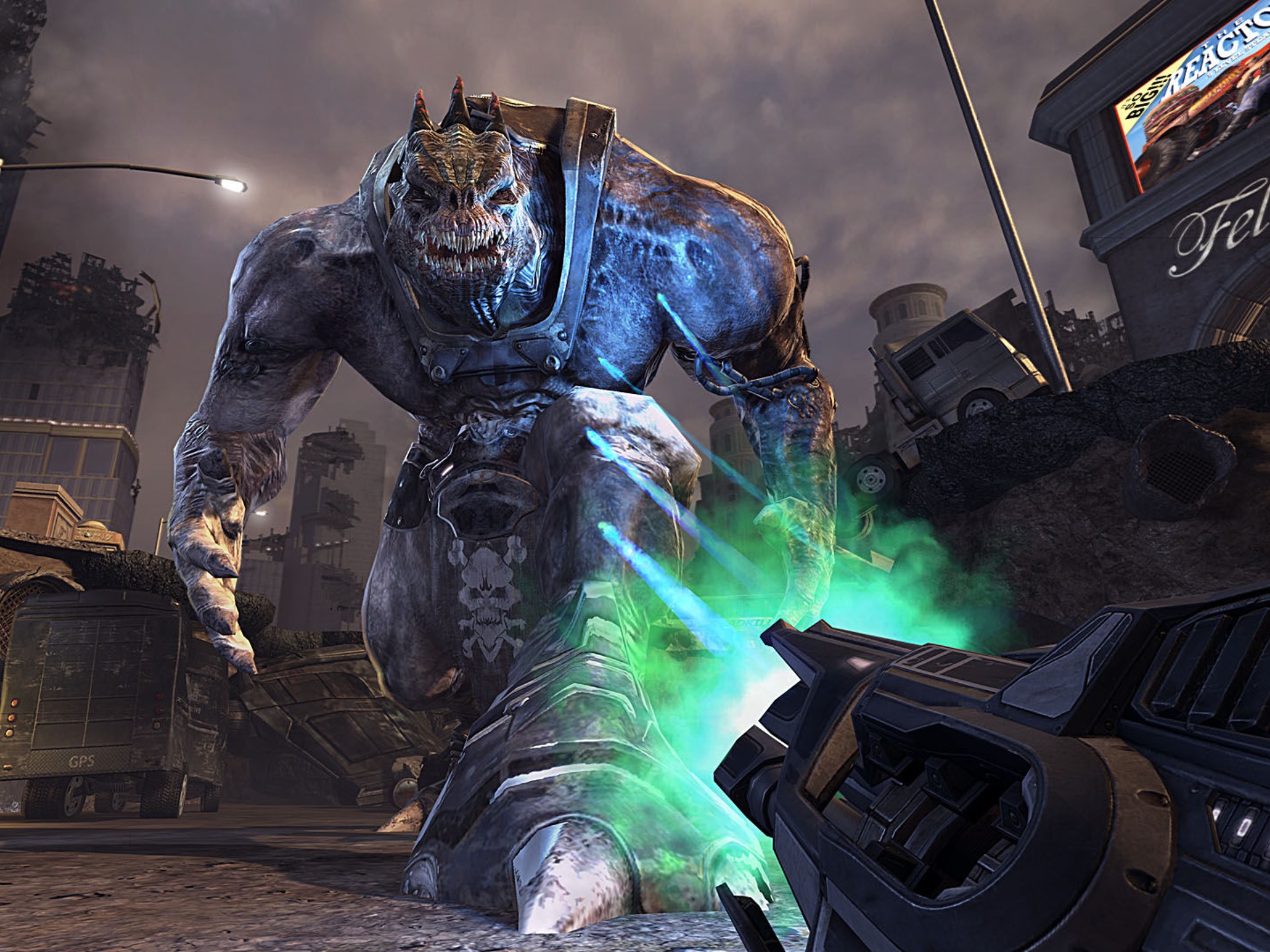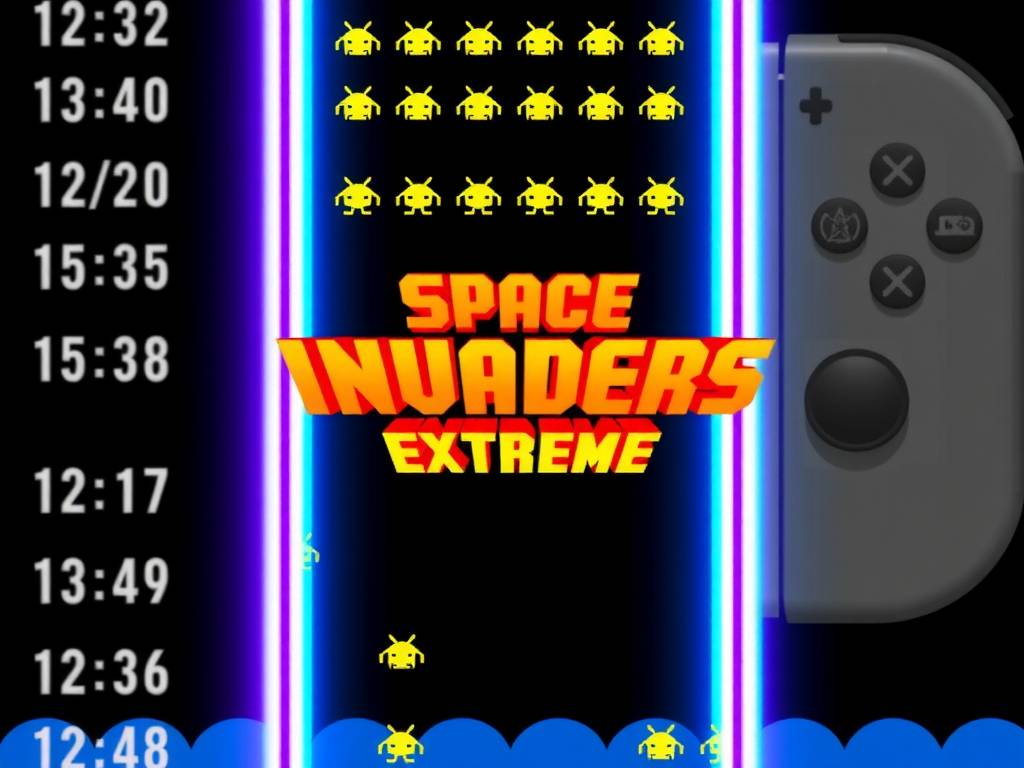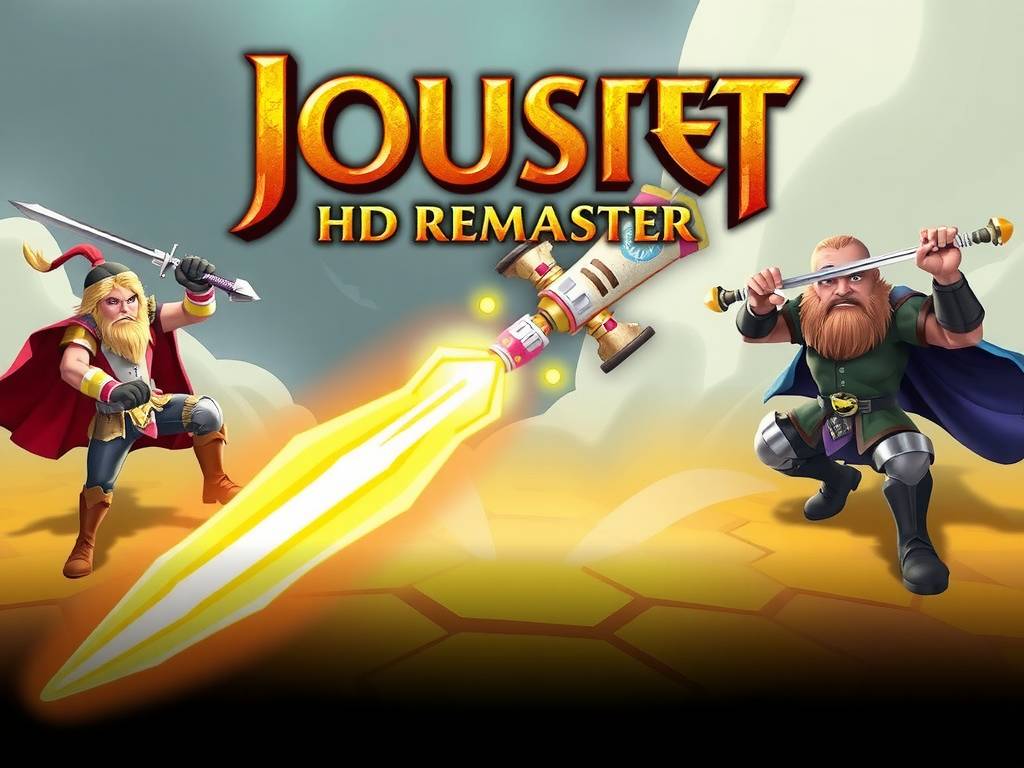Title: Redefining Virtual Statecraft: The "Diplomat Simulator VR" Negotiate Missions Expansion
Introduction
Virtual Reality (VR) has long been celebrated for its ability to transport users into immersive, interactive worlds—from fantastical realms to high-octane combat zones. However, few VR experiences have ventured into the nuanced, high-stakes arena of international diplomacy. Enter Diplomat Simulator VR, a groundbreaking game that challenges players to navigate complex geopolitical landscapes through dialogue, strategy, and empathy. With its latest expansion, Negotiate Missions, the game elevates virtual statecraft to unprecedented heights, offering a deeply engaging and educational experience that mirrors the real-world intricacies of diplomatic negotiations.

The Core Gameplay: More Than Just Talking
At its heart, Diplomat Simulator VR is about wielding words as weapons and building bridges through careful communication. The base game introduces players to the fundamentals of diplomacy: managing relationships, understanding cultural contexts, and making decisions under pressure. Players assume the role of a diplomat representing a fictional nation, tasked with resolving conflicts, forging alliances, and mitigating crises.
The Negotiate Missions expansion builds on this foundation by introducing multi-layered negotiation scenarios that require critical thinking, emotional intelligence, and strategic foresight. Each mission is designed to simulate real-world diplomatic challenges, such as brokering ceasefires, negotiating trade agreements, or addressing global issues like climate change and cybersecurity threats. The expansion features over 20 new missions, each with branching dialogue trees, dynamic outcomes, and unpredictable AI-driven counterparts.
Immersive Mechanics: The Art of Persuasion in VR
What sets Negotiate Missions apart is its innovative use of VR technology to create an authentic diplomatic environment. Players don’t just select dialogue options from a menu; they use voice recognition software to articulate their arguments verbally, adding a layer of realism and pressure. The AI responds to tone, pacing, and even nonverbal cues captured through motion tracking—leaning forward to emphasize a point or maintaining eye contact to convey sincerity can influence the outcome.
The expansion also introduces a "Stress Meter" mechanic. As negotiations intensify, players must manage their composure while reading the emotional state of their counterparts. High-stakes scenarios, such as hostage crises or nuclear disarmament talks, can lead to elevated stress levels, affecting decision-making and dialogue options. This mechanic underscores the psychological toll of diplomacy, making victories feel earned and losses deeply impactful.
Educational Value: Learning Through Experience
Beyond entertainment, Negotiate Missions serves as an educational tool, offering insights into the complexities of international relations. Each scenario is crafted with input from real diplomats and political scientists, ensuring authenticity and depth. Players learn about cultural norms, historical contexts, and the ethical dilemmas inherent in diplomacy. The expansion includes a "Debrief Mode," where players receive feedback on their performance, highlighting strengths and areas for improvement.
For students and aspiring diplomats, the game provides a risk-free environment to practice skills like mediation, public speaking, and crisis management. Institutions like universities and diplomatic academies have already expressed interest in incorporating the expansion into their curricula, recognizing its potential to foster a deeper understanding of global affairs.
Technical Innovations: Pushing the Boundaries of VR
The expansion leverages cutting-edge VR technology to enhance immersion. Photorealistic environments—from opulent embassy halls to war-torn negotiation tents—are rendered in stunning detail, creating a sense of presence that is crucial for empathy and engagement. Haptic feedback devices simulate handshakes, document exchanges, and even the tremors of a tense environment, further blurring the line between virtual and reality.
Moreover, the AI system has been overhauled to support more nuanced interactions. Each character in the negotiation has unique motivations, biases, and personalities, requiring players to adapt their strategies accordingly. The AI can also learn from player behavior, making repeat playthroughs increasingly challenging and rewarding.
The Future of Diplomatic Gaming
The Negotiate Missions expansion not only enriches Diplomat Simulator VR but also pioneers a new genre of "serious games" that combine entertainment with real-world relevance. As VR technology continues to evolve, the potential for even more sophisticated simulations—such as multiplayer negotiations or scenarios based on current events—becomes increasingly feasible.
This expansion demonstrates that games can be more than escapism; they can be platforms for empathy, education, and meaningful engagement with global issues. By allowing players to step into the shoes of a diplomat, Negotiate Missions fosters a greater appreciation for the art of peacemaking and the complexities of international relations.
Conclusion
Diplomat Simulator VR: Negotiate Missions is a triumph of innovation, blending immersive technology with the subtle art of diplomacy. It challenges players to think critically, act empathetically, and navigate the delicate balance of power and principle. As VR continues to redefine interactive experiences, this expansion stands as a testament to the medium’s potential to educate, inspire, and transform our understanding of the world. Whether you’re a gamer, a student, or simply curious about diplomacy, Negotiate Missions offers a journey into the heart of international statecraft—one conversation at a time.
Tags:






发表评论